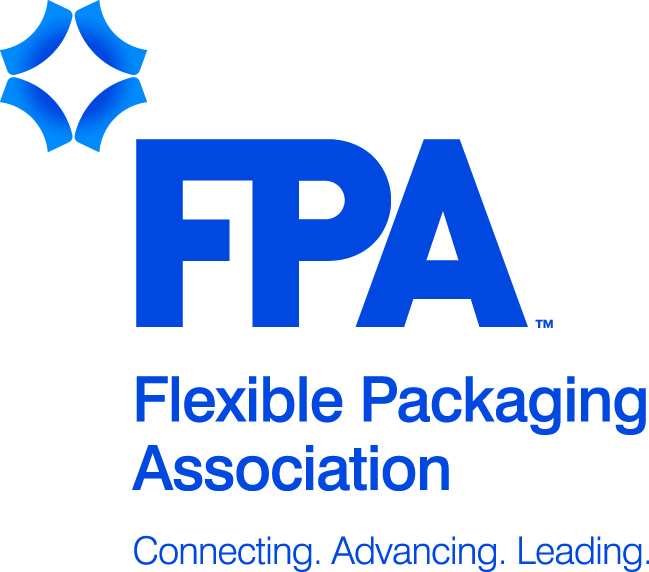The DOC's So-Called “Circumvention” Decision Drives American Jobs Offshore
- Published: December 13, 2023
The DOC is picking winners and losers in U.S. manufacturing markets
Submitted by The Flexible Packaging Association
FPA is gravely disillusioned in what can only be described as an intentional lack of awareness by the Department of Commerce (DOC), of the law, investigation data, and good policy in their recent circumvention decision on aluminum foil from Thailand and South Korea. On November 20, 2023, the DOC made an erroneous final decision to impose new import duties on South Korean and Thai aluminum foil products after wrongly concluding that their producers were circumventing antidumping and countervailing duty orders on aluminum foil from the People’s Republic of China.
The DOC is picking winners and losers in U.S. manufacturing markets, and aluminum manufacturers continue to win over flexible packaging manufacturers because the Department refuses to appreciate and distinguish between aluminum, aluminum foil, and the various gauges of aluminum foil that are manufactured. A one-size-fits-all approach does not fit the issue, but the DOC has blindly ignored this fact and has not operated in good faith. This “self-initiated” (no one petitioned the Department) case against suppliers of aluminum foil from South Korea and Thailand puts unwarranted duties on necessary aluminum foil for food, pharmaceuticals, and medical device packaging for American manufacturers of flexible packaging, without any commensurate benefit to domestic aluminum foil producers. This is because, but for one of these domestic producers, they do not manufacture the light gauge foil that is necessary for packaging applications. And, the one foil producer that does produce this light gauge foil, cannot supply the U.S. packaging industry with even 10 percent of its needs. Thus, these duties are inappropriate as the material cannot be sourced domestically so packaging manufacturers are forced to import it.
DOC has recognized this by granting over 5,000 exemptions to the Section 232 tariffs. These exemptions do not exist for circumvention duties, yet, DOC could have easily carved out an exemption for such. Instead, they insolently state “We have carefully considered the concerns of the ultra-thin aluminum foil consuming industry members, expressed in their case briefs and other correspondence, describing their inability to procure their needed products from the domestic industry. In sum, throughout this inquiry, Commerce has received a significant number of comments from, and held meetings with, interested parties, importers, and members of Congress concerning this issue. Nevertheless, the inquiry merchandise encompasses many individual products other than ultra-thin aluminum foil (e.g., standard kitchen-use aluminum foil, air condition coil aluminum foil, etc.), and we have received no arguments concerning domestic availability with regard to any of them.”
So, instead of crafting a solution, one readily available, that would protect both the domestic foil producers (producing said standard kitchen-use aluminum foil and air condition foil, etc.,) as well as the flexible packaging industry (whose light-gauge foil is not being produced by domestic foil producers), DOC ignored their statutory obligations and took the easy way out – lumping all foil together and dismissing the obvious fact that the reason there were no arguments for the other gauges of foil is that domestic production actually exists, unlike thin gauge packaging foil.
Similarly, while not a complete exemption, DOC could have issued an end-use certification regime unless and until the domestic supply needed for packaging applications became available in the U.S. There is precedent for such, and it would be much simpler to certify from U.S. packaging manufacturers that the light gauge foil imported is being used in packaging applications than the certification regime DOC implemented that is applicable to foreign entities. Why would DOC trust certifications from foreign suppliers and not American packaging manufacturers? In this case, the Department once again discounted a measured solution with a specious argument that enforcement would be more difficult, stating “particular and significant” enforcement concerns, without specifying what those concerns are. Just as in the preliminary decision, where DOC recognized that “ultra-thin foil is more substantial and involves more production steps than some other types of foil,” DOC then carelessly declined to address the situation, a situation they, in fact, created.
This decision puts small and privately held U.S. businesses in jeopardy. Larger, multi-national companies can move production out of the U.S. and survive, but it is at great cost in both human capital and revenue. Despite numerous attempts to convey the gravity of the situation, whether it be jobs, scarcity of products, and rising costs to everyday consumers in terms of staples, as well as healthcare and support of military needs, DOC blatantly disregarded the data and evidence, including that of their own investigation, and has now imposed tariffs on imported foil from these countries despite the lack of domestic supply. This will only further drive converting jobs offshore, leading to increased supply chain disruptions for food as well as medical supplies, and raising prices for all of these goods. So, once again, while the decision is a hollow one for aluminum manufacturers, the flexible packaging manufacturing in the U.S. will be further damaged and ultimately, the U.S. consumer, who relies on our government to protect them, will pay the price.
About the Flexible Packaging Association (FPA)
The Flexible Packaging Association is the voice of the U.S. manufacturers of flexible packaging and their suppliers. The association’s mission is connecting, advancing, and leading the flexible packaging industry. Flexible packaging represents $42.9 billion in annual sales in the U.S. and is the second largest and one of the fastest growing segments of the packaging industry. Flexible packaging is produced from paper, plastic, film, aluminum foil, or any combination of those materials, and includes bags, pouches, labels, liners, wraps, rollstock, and other flexible products. Learn more at flexpack.org.






